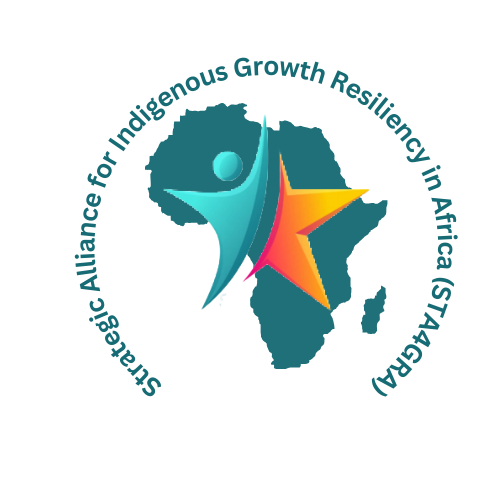The Ministry of Food and Agriculture (MOFA) is the principal institution responsible for the development and implementation of agricultural policies and programs in Ghana. The Department of Agriculture, a vital division within MOFA, plays a crucial role in promoting agricultural productivity and ensuring food security in the country.
Key Functions and Objectives:
- Policy Formulation and Implementation:
- Develop and implement agricultural policies that align with national development goals.
- Formulate strategies to enhance agricultural productivity and sustainability.
- Extension Services:
- Provide farmers with essential information, training, and support to adopt modern agricultural practices.
- Facilitate the dissemination of research findings and innovative technologies to the farming community.
- Agribusiness Development:
- Promote the growth of agribusinesses by offering technical support, market access, and capacity-building programs.
- Foster partnerships between smallholder farmers and agribusiness enterprises to enhance value chain integration.
- Research and Development:
- Conduct agricultural research to develop improved crop varieties, pest control methods, and sustainable farming practices.
- Collaborate with research institutions and universities to drive innovation in the agricultural sector.
- Food Security and Nutrition:
- Implement programs to ensure the availability, accessibility, and affordability of nutritious food for all citizens.
- Monitor and address food security challenges, including climate change impacts and market fluctuations.
- Rural Development and Livelihood Improvement:
- Support rural communities by providing infrastructure, resources, and services to improve agricultural productivity and livelihoods.
- Promote income-generating activities and diversified farming systems to reduce poverty in rural areas.
- Agricultural Finance and Investment:
- Facilitate access to credit and financial services for farmers and agribusinesses.
- Attract investment into the agricultural sector through favorable policies and incentives.
- Climate-Smart Agriculture:
- Promote sustainable agricultural practices that mitigate climate change impacts and enhance resilience.
- Implement programs to improve water management, soil conservation, and agroforestry.
- Collaboration and Partnerships:
- Work with international organizations, NGOs, and the private sector to leverage resources and expertise for agricultural development.
- Foster regional and global cooperation on agricultural issues and trade.
Major Programs and Initiatives:
- Planting for Food and Jobs (PFJ): A flagship program aimed at boosting food production and creating jobs through the provision of inputs, extension services, and market support to farmers.
- Agricultural Mechanization Services: Programs to enhance access to modern farming equipment and machinery, reducing labor intensity and increasing productivity.
- Youth in Agriculture Program: Initiatives to attract and empower young people to engage in agriculture through training, mentorship, and financial support.
- Women in Agriculture Development: Programs to support and empower women farmers, recognizing their critical role in agricultural production and food security.
- Irrigation Development: Projects to expand irrigation infrastructure, ensuring year-round farming and reducing dependency on rain-fed agriculture.
Conclusion:
The Department of Agriculture under MOFA is dedicated to transforming Ghana’s agricultural sector into a vibrant and sustainable industry. Through comprehensive policies, innovative programs, and strategic partnerships, the department aims to achieve food security, improve rural livelihoods, and drive economic growth in Ghana.
